

EVOM™ Manual
EVOM™ Manual Epithelial Volt Ohm Meter for TEER Measurement
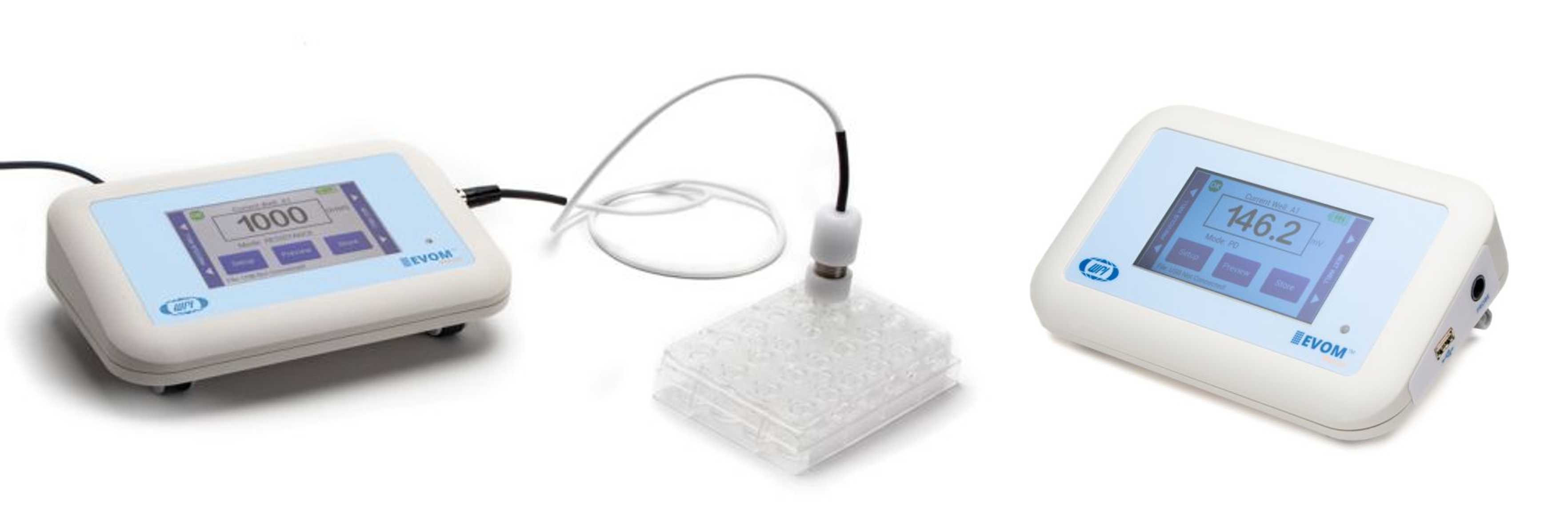
Benefits of the EVOM™ Manual TEER Measurement Device
|
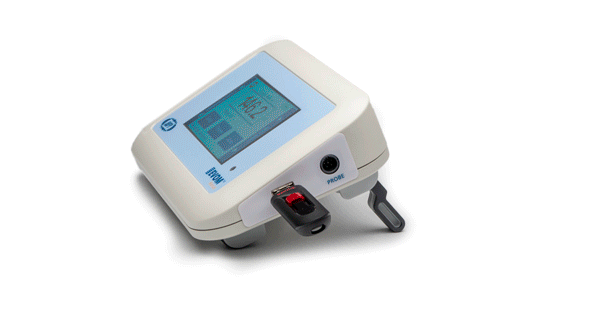 |
WPI’s EVOM™ Manual is the gold standard for delivering stable and repeatable Trans Epithelial Electrical Resistance (TEER) measurements. The EVOM™ Manual qualitatively measures cell monolayer health and quantitatively measures cell confluence by determining an increase or a plateau in tissue resistance detected using our innovative EVOM™ technology. The EVOM™ Manual TEER measurement system produces a low AC current that avoids electrode metal deposits and is specially designed for the non-destructive testing of epithelial monolayer confluence in cell cultures. Additionally, resistance readings are unaffected by membrane capacitance or membrane voltage. WPI’s state of the art EVOM™ technology provides you with real time valuable feedback during experiment measurements.
The EVOM™ Manual delivers improved workflow efficiency, more stable and repeatable measurements versus traditional Trans Epithelial Electrical Resistance (TEER) meters. Providing users with vital feedback during experiment measurements, the EVOM™ Manual’s large screen offers a range of informational views. The new graphical displays for trend analysis and measurement values helps scientists deliver simple, stepwise methodology during experimental measurements. The touch screen interface provides you with an intuitive, easy-to-use menu for configuration.
Eliminating the need to log data by hand, the EVOM™ Manual features automatic data logging for streamlined data collection. When used with the footswitch it enables handsfree recording of measurements
At the heart of the EVOM™ Manual is our latest processor and circuitry, providing users with quick, easy and reliable readings due to its fast stabilization, automatic twenty times sampling average and low noise design. The auto ranging resistance feature allows for fast resistance measurements, and an over-range display feature eliminates false readings. The EVOM™ Manual has adjustable current levels in three fixed ranges with two lower ranges for sensitive membranes and high resistance ranges up to 100 KΩ.
NEW FEATURE: In addition to the existing capability of data storage on a USB flash drive, the new version of the EVOM™ Manual now provides an option for a more secured mode of data transfer using a Windows® companion application.
Electrodes For The EVOM™ Manual
STX4
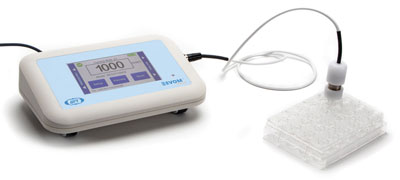 The STX4 electrode is the general-purpose electrode for the manually operated EVOM™ meters like the EVOM™ Manual and EVOM3. With an adapter it may also be used with older versions of the EVOM and Millicell® meters. It is balanced and weighted for hands-free operation, and the shallow electrode tips require less fluid than previous hand-held electrodes. Its design offers greater precision when compared with the STX2 and STX3. This electrode is the only one with replaceable blades. This means you never need to chloride the tips, and you may replace the blades instead of the entire electrode. This extends the life of your electrode. The STX4 is designed for use with 24-well plates.
The STX4 electrode is the general-purpose electrode for the manually operated EVOM™ meters like the EVOM™ Manual and EVOM3. With an adapter it may also be used with older versions of the EVOM and Millicell® meters. It is balanced and weighted for hands-free operation, and the shallow electrode tips require less fluid than previous hand-held electrodes. Its design offers greater precision when compared with the STX2 and STX3. This electrode is the only one with replaceable blades. This means you never need to chloride the tips, and you may replace the blades instead of the entire electrode. This extends the life of your electrode. The STX4 is designed for use with 24-well plates.
STX HTS
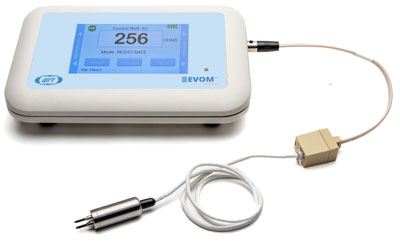 The STX HTS electrodes are designed for high throughput screening, because the tips are much smaller, and the electrode is keyed to fit neatly into the filter wells. The design improves accuracy over the STX2 and STX3, and it is more durable, too. The size of the electrodes and the design reduces the chances of sample contamination. This is an excellent choice for 24- and 96-well plates. (TITLE: Corning 96, Corning Biocoat/Falcon 24, Corning Costar 24, Millipore 96, Mattek 96)
The STX HTS electrodes are designed for high throughput screening, because the tips are much smaller, and the electrode is keyed to fit neatly into the filter wells. The design improves accuracy over the STX2 and STX3, and it is more durable, too. The size of the electrodes and the design reduces the chances of sample contamination. This is an excellent choice for 24- and 96-well plates. (TITLE: Corning 96, Corning Biocoat/Falcon 24, Corning Costar 24, Millipore 96, Mattek 96)
EndOhm
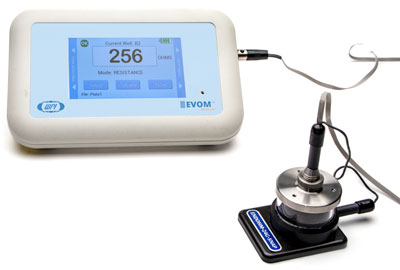 EndOhm cell culture cup chambers are built for stability and reproducibility to 1% tolerance. These chambers are ideal when precision counts. Three sizes are available: 6mm, 12mm and 24mm for 24-, 12- and 6-well plates. The tri-leg supports provide mechanical stability and holds the membrane parallel to the electrodes. The symmetrical electrode pattern disperses the test current uniformly, giving the most accurate reading of all the EVOM electrodes. However, each well must be individually positioned inside the EndOhm chamber to make a reading.
EndOhm cell culture cup chambers are built for stability and reproducibility to 1% tolerance. These chambers are ideal when precision counts. Three sizes are available: 6mm, 12mm and 24mm for 24-, 12- and 6-well plates. The tri-leg supports provide mechanical stability and holds the membrane parallel to the electrodes. The symmetrical electrode pattern disperses the test current uniformly, giving the most accurate reading of all the EVOM electrodes. However, each well must be individually positioned inside the EndOhm chamber to make a reading.
The EVOM™ Manual requires an electrode for use. Choose an electrode suitable for your application.
| Cell Culture Insert/Transwell Type | Electrode | Advantages | Disadvantages |
| Removable 24-well | STX4 | No need to transfer inserts. Take measurments in the plate. | |
| Removable 24-well | EndOhm-6 | Most accurate mode of measurement, because of the larger electrode surface area and the concentric positioning of the electrodes. | Need to transfer inserts into the EndOhm chamber for making measurements. |
| Removable 12-well | EndOhm-12 | ||
| Removable 6-well | EndOhm-24 | ||
| 24- or 96-well High Throughput Screening (HTS) Plates | STX HTS | Fits perfectly in the measurment plate. Choose the option based on your specific plate. |

Accessories For EVOM Manual TEER Meters
Includes electrodes compatible with the EVOM Manual and EVOM3

STX HTS EVOM™ Electrode for TEER
For high throughput screening (HTS) in cell culture filter plates

Accessories For Legacy TEER Meters
Includes electrodes compatible with the EVOM, EVOMX, EVOM2, ERS, ERS2 (Millipore)

EVM-AC-03-03
EVOM™ Warming Plate - Minimize the effect of temperature fluctuation by taking...

EVM-EL-03-03-01
STX4 EVOM™ Electrode with Removable Blades for TEER in 6.5 mm Inserts

EVM-EL-03-01-01
ENDOHM-6 EVOM™ Electrode for TEER in 6.5 mm Insert, for use with EVOM Manual a...

EVM-EL-03-01-02
ENDOHM-12 EVOM™ Electrode for TEER in 12 mm Insert, for use with EVOM Manual a...
.png)
EVM-EL-03-01-03
ENDOHM-24 EVOM™ Electrode for TEER in 24 mm Insert, for use with EVOM Manual a...
EVM-EL-03-02-05
STX HTS EVOM™ Electrode for TEER in MatTek 96
- Compatible with EVOM Manual and EVOM3 meters
- For MatTek 96-well plates
- Mini XLR end connector for direct connection to EVOM Manual and EVOM3 meter
- Compatible with legacy meters including EVOM2 & Millicell ERS meters with the addition of connector EVM-AC-02-01-01.
EVM-EL-03-03-02
STX HTS EVOM™ Electrode for EVOM Manual, use with Millipore Multiscreen HTS 96-Well Plate
- For Millipore Multiscreen HTS 96-Well Plate
- Mini XLR end connector for direct connection to EVOM Manual and EVOM3 meter
- Compatible with legacy meters including EVOM2 & Millicell ERS meters with the addition of connector EVM-AC-02-01-01. (Original Manufacture Replacement for ERS-2 part MERSSTX00)
EVM-EL-03-03-03
STX HTS EVOM™ Electrode for EVOM Manual, use with Corning Falcon HTS Multi Well Insert System
- For Corning Falcon HTS Multi Well Insert System
- Mini XLR end connector for direct connection to EVOM Manual and EVOM3 meter
- Compatible with legacy meters including EVOM2 & Millicell ERS meters with the addition of connector EVM-AC-02-01-01.
EVM-EL-03-03-04
STX HTS EVOM™ Electrode for EVOM Manual, use with Corning Costar HTS Transwell-24
- For Corning Costar HTS Transwell-24
- Mini XLR end connector for direct connection to EVOM Manual and EVOM3 meter
- Compatible with legacy meters including EVOM2 & Millicell ERS meters with the addition of connector EVM-AC-02-01-01.
EVM-EL-03-03-05
STX HTS EVOM™ Electrode for EVOM Manual, use with Corning HTS 96-Well Plate
- For Corning HTS 96-Well Plate
- Mini XLR end connector for direct connection to EVOM Manual and EVOM3 meter
- Compatible with legacy meters including EVOM2 & Millicell ERS meters with the addition of connector EVM-AC-02-01-01.
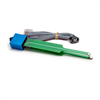
STX2
Chopstick Electrode Set for EVOM2, 4mm
(Original Manufacture Direct Replacemen...

STX3
Chopstick Electrode Set for EVOM2
(Original Manufacture Direct Replacement for...
EVM-AC-02-01-01
Mini XLR to RJ-11 Adapter Cable For Legacy TEER Meters
- Enables TEER electrodes for EVOM™ Manual to be used with legacy meters including EVOM2, EVOM, EVOMX, ERS, ERS2 TEER instruments
EVM-MT-TRADEIN
Teer Meter Upgrade To EVOM™ Manual
- Trade In – Upgrade – Save
- Get great value for your current TEER meter and upgrade to EVOM™ Manual
- Eligible meters include the EVOM, EVOM2, EVOMX, EVOM3, Millipore Millicell ERS, and Millipore Millicell ERS-2




.png)
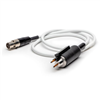
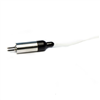


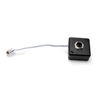



.png)


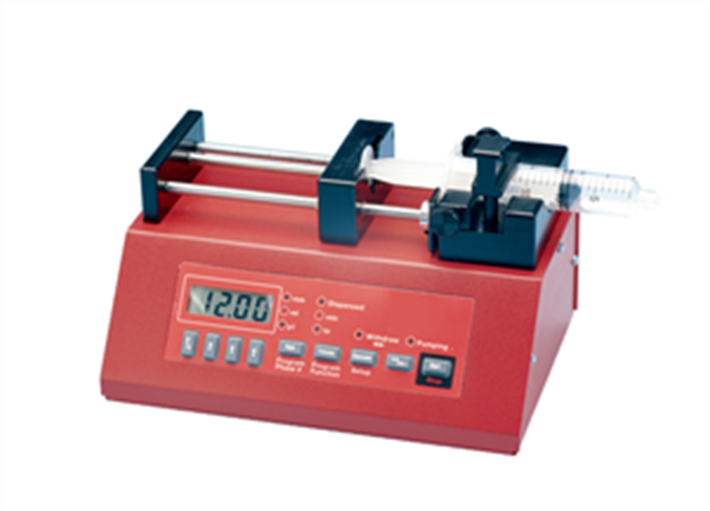
Request
Catalogue
Chat
Print